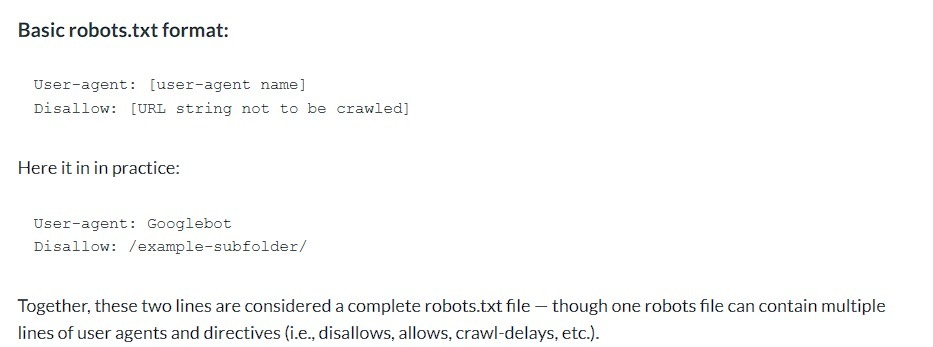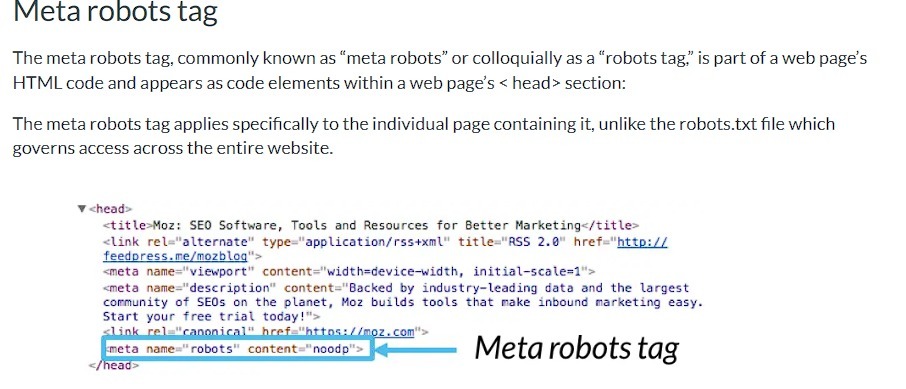Guides

In the world of SEO, robots.txt files and meta robots tags are essential tools for managing how search engine crawlers interact with your website. These tools allow you to dictate which parts of your site should be crawled and indexed, helping to focus search engines on high-priority pages while avoiding low-value or sensitive content.
For instance, you can ensure that link equity flows towards important pages, boosting their ranking potential, while preventing it from being wasted on low-priority pages. Additionally, these tools help avoid common pitfalls like indexing duplicate or thin content, internal search pages, or content that might violate Google’s E-E-A-T guidelines (Experience, Expertise, Authoritativeness, Trustworthiness).
When used effectively, robots.txt and meta robots tags can safeguard your crawl budget, maintain website integrity, and support your broader SEO strategy.
The robots.txt file resides in the root directory of your website and provides crawlers with instructions on which areas of your site they can access. Its straightforward syntax enables precise control over crawler behavior.

Example of a Robots.txt File:
User-agent: *
Disallow: /private/
Allow: /public/
You can also create rules for specific crawlers, like GoogleBot, to fine-tune their behavior.

Meta robots tags are HTML elements found in the <head> section of a webpage. They instruct search engine crawlers on how to handle individual pages. You can use them to manage indexing, link following, and even caching behavior.
Index and Follow Links:
<meta name=”robots” content=”index, follow”>
Noindex But Follow Links:
<meta name=”robots” content=”noindex, follow”>
Noindex and Nofollow:
<meta name=”robots” content=”noindex, nofollow”>
Noindex and Noarchive:
<meta name=”robots” content=”noindex, noarchive”>
Index Without Snippets:
<meta name=”robots” content=”index, nosnippet”>
Misconfiguring Robots.txt: While robots.txt can be a powerful tool for controlling crawler access, improper configuration can inadvertently block essential pages from being indexed. For example, disallowing the entire site (e.g., Disallow: /) or essential pages can harm your SEO efforts. It’s essential to regularly review and test your robots.txt file to ensure it isn’t unintentionally blocking important content.
Incorrect Meta Robots Tags: Another common mistake is using conflicting meta robots directives. For instance, using a “noindex” directive on a page that you want to rank, or applying “nofollow” to important internal links, can undermine your SEO performance. It’s important to avoid using “noindex” on pages that need to be visible in search results, such as landing or product pages. Always double-check the code to ensure it aligns with your SEO goals.
Overuse of “Noindex, NoFollow”: Sometimes, SEO professionals excessively use the “noindex, nofollow” tag across multiple pages to avoid duplicate content issues. While this can be useful, it can also lead to missed opportunities, such as failing to leverage internal link equity or preventing helpful pages from ranking. It’s best to use this directive selectively and only when necessary.
Pro Tip: Implementing robots.txt and meta robots tags requires precision. Misconfigurations can lead to critical pages being de-indexed or inaccessible to search engines. Always consult with an experienced SEO agency before making changes to these files.
This document describes how to use robots meta tags to control how Google indexes and displays your content in search results.
This guide by Ahrefs explains what a robots.txt file is and how to create and audit it for errors.
This guide to robots.txt covers what robots.txt files are, what they are used for, and how to use them effectively.
For the best in SEO, choose TomatoTree Digital, Kerala’s top-rated company. We tailor strategies to suit your brand’s needs. Start your journey today!

Never settle for anything less than the best! Hire the top SEO experts from the Best SEO Company in Kerala and benefit from the customized Search Engine Optimization strategies designed exclusively for your brand.

India

United Kingdom
Newsletter
Never settle for anything less than the best!
Other Links
WhatsApp us